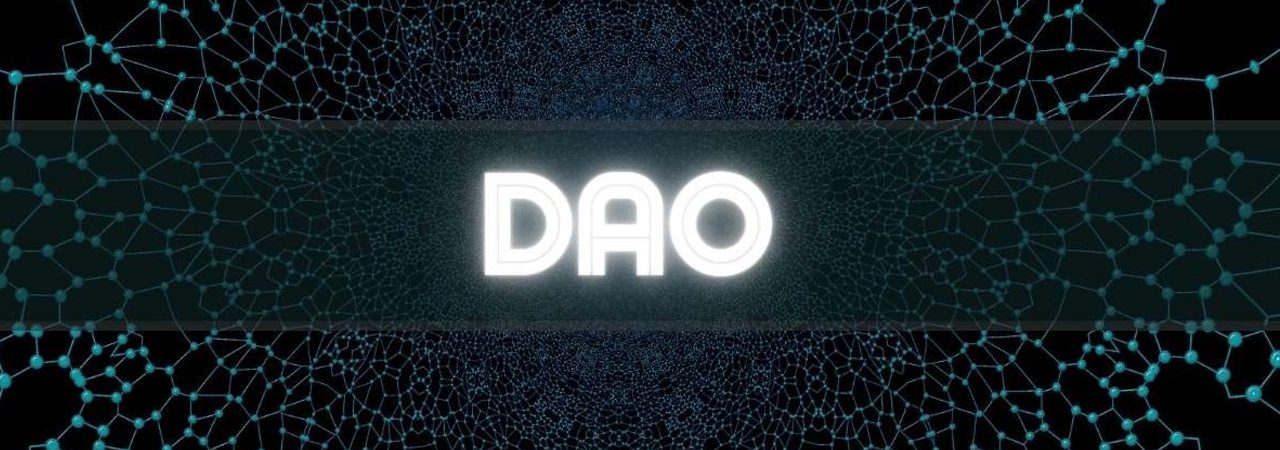
UAE Abu Dhabi Global Market’s registration authority is seeking to develop regulations for DLT ( Distributed Ledger Technology) decentralized autonomous organizations and has started with the issuance of a consultation paper seeking replies before May 12th 2023.
For the proposed Distributed Ledger Technology Foundations Regulations 2023, ADGM is seeking public feedback and comments on the proposed new legislative framework for foundations that facilitate Distributed Ledger Technology (DLT) and token issuance (DLT Foundations).
As per the announcement, the Consultation Paper is of interest to any persons operating or planning DLT projects, persons engaging in digital asset related activities and their legal advisors, as well as DLT industry participants, associations, and stakeholders.
The RA’s key proposals for the Distributed Ledger Technology Foundations Regulations cover: the structure of the DLT Foundations; governance and control; tokens; reporting, disclosures and publication; beneficial ownership; supervision; insolvency and liquidation / voluntary strike off.
This new legislative framework showcases ADGM RA’s recognition of the overall suitability of foundation structures for DLT projects, and the RA’s alignment with ADGM’s strategy to facilitate and support crypto initiatives.
ADGM had received interest concerning the use of ADGM foundations for DLT purposes and the issuance of non-regulated utility tokens. However, whilst foundations are inherently well suited to DLT projects, there are certain features and requirements within ADGM’s current foundations regimes that impose constraints that are not desirable for DLT projects.
The ADGM registration authority, recognizing the overall suitability of foundation structures for DLT projects, seeks to facilitate and support crypto initiatives, as such decided to prepare a new legislative framework to cater for DLT projects and token issuance.
Decentralization is a core principle of many DLT projects, which prizes the transfer of authority and control away from centralized entities or groups to a distributed network of project participants. The perceived advantages of decentralization are rooted in this idea of decentralized governance, which its advocates believe promises a number of benefits, including more equitable ownership and value distribution among stakeholders, insulation from the vested interests of particular individuals or groups, reduced risk of censorship, and greater diversity.
So for these kinds of DLT projects, the concept of the “decentralized autonomous organization” (DAO) has emerged as the ideal-type governance structure.











